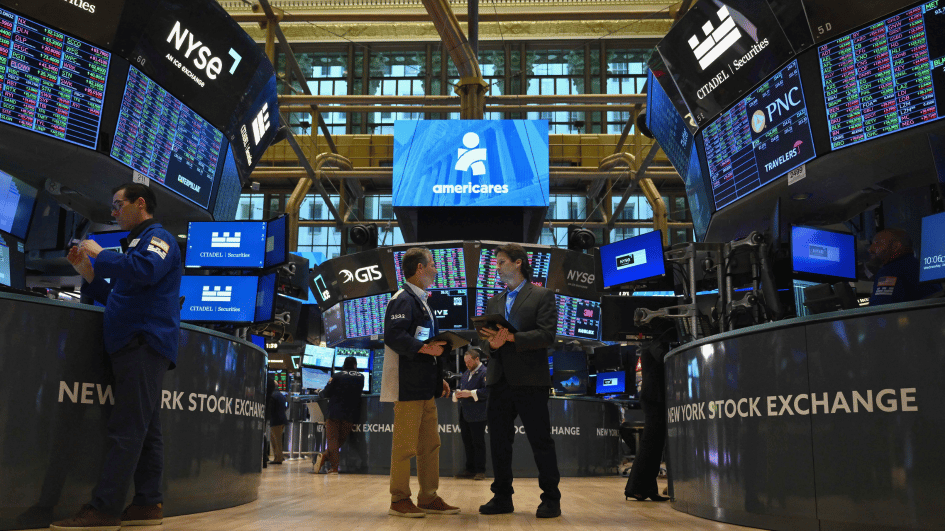
Economists are taking flak after missing the mark on inflation, failing to anticipate disruptions in global supply chains and forecasting a recession that has not materialised.
The COVID-19 pandemic, Russia's war in Ukraine and more recently the Middle East conflict have made it tougher for experts to see clearly into their economic crystal balls.
European Central Bank president Christine Lagarde joined the chorus of criticism at the World Economic Forum in Davos, Switzerland, last month.
"Many economists are actually a tribal clique," she said, referring to a lack of openness to other scientific disciplines.
"They quote each other - men more than women but that's another story," the former IMF chief said. "But they don't go beyond that world because they feel comfortable in that world."
Economists need to get out of their comfort zone of Excel spreadsheets and rigid models, some economists say about their own kind.
The world "has changed a little bit", Peter Vanden Houte, chief eurozone economist at ING bank, said sarcastically.
After years of low inflation, the post-COVID reopening of economies sent prices rising and they soared further after Russia's invasion of Ukraine, belying assurances from Lagarde and U.S. Federal Reserve chairman Jerome Powell that the increases would only be "transitory".
The central banks had to launch into a series of interest rate hikes to combat inflation. While price rises have cooled in recent months, policymakers have kept the rates elevated as they wait to see whether they can be cut later this year.
Lagarde has admitted that the forecasts used as a basis for ECB policy decisions were not always right and that factors linked to the crises were not taken into account in its models.
"The models we currently use are less reliable because there are many factors that are difficult to integrate," Houte said.
He cited the supply chain bottlenecks following the pandemic, labor shortages and geopolitical tensions.
Economists dropped the ball by looking through the prism of the past.
"It's not economic models that failed. It's the lack of imagination of economists," said Maxime Darmet, economist at Allianz Trade.
"They rested on their laurels" after 30 years of globalisation during which "everything went well", Darmet said.
With central banks using rate hikes to stop economies from overheating, economists warned that growth in the developed world would fall sharply or even contract in 2023.
Instead, U.S. economic growth accelerated last year while the eurozone - Germany excepted - stayed in the green.
Earlier this week, the IMF raised its 2024 global growth forecast to 3.1 percent, citing unexpected resilience in major advanced and emerging market economies, including the United States and China.